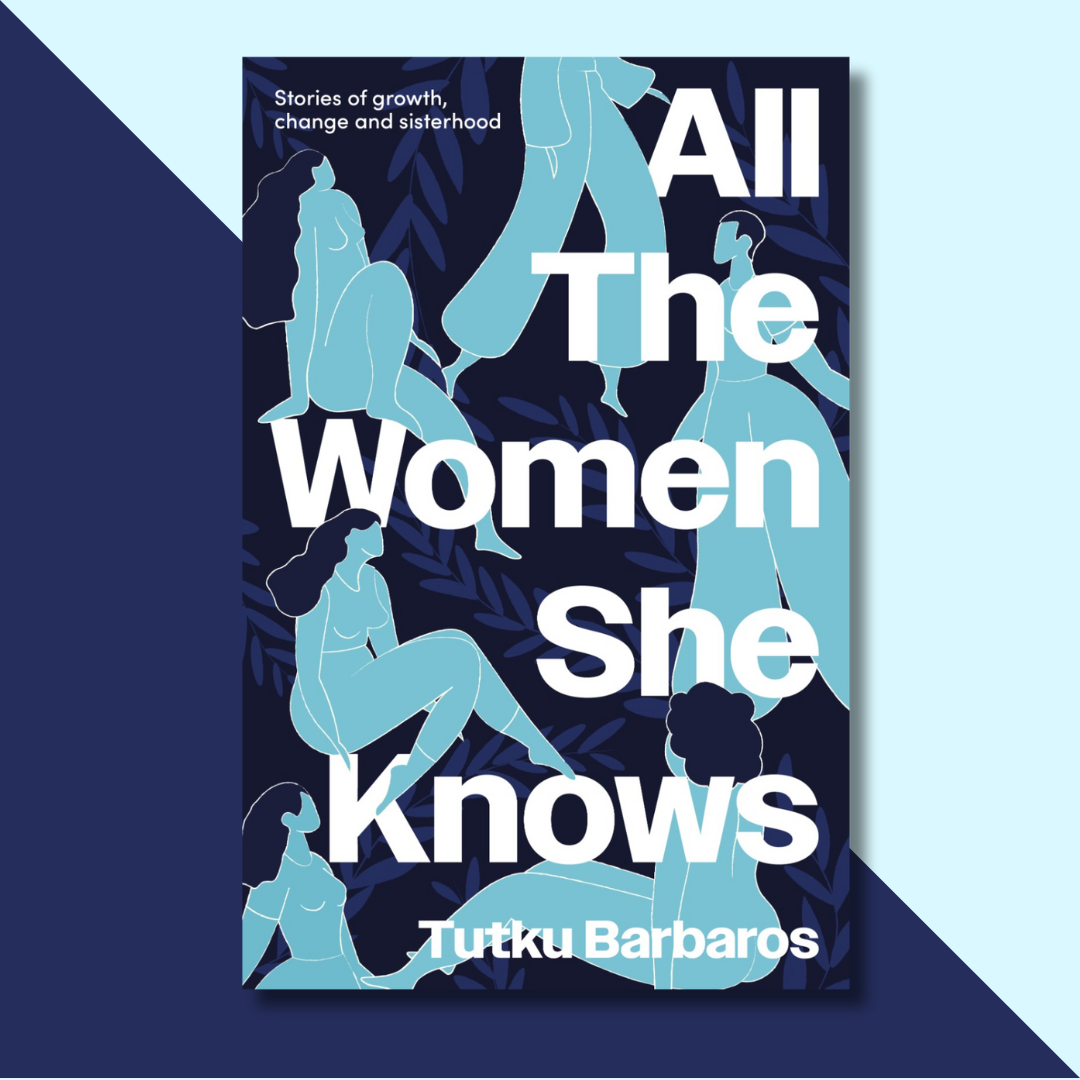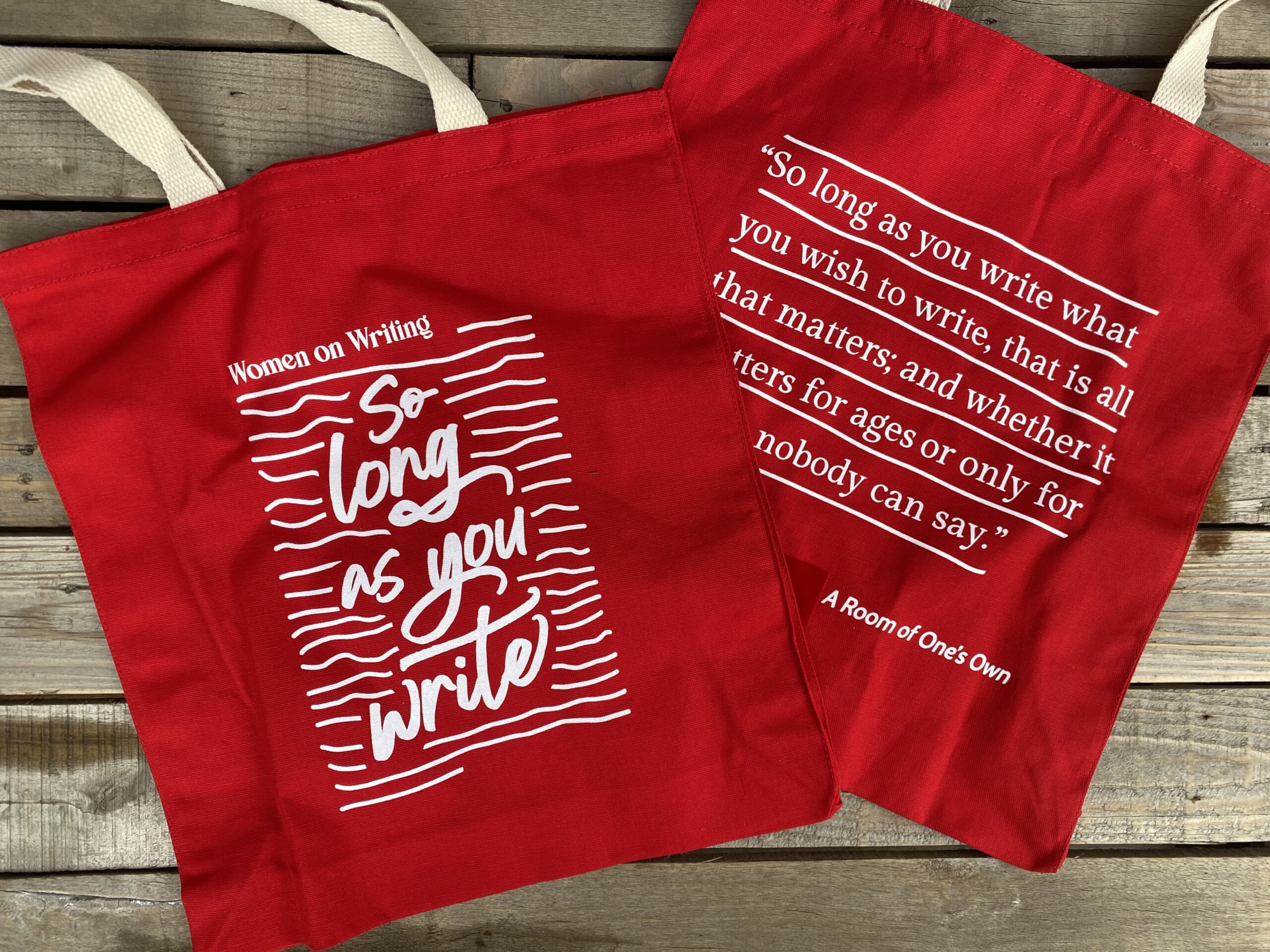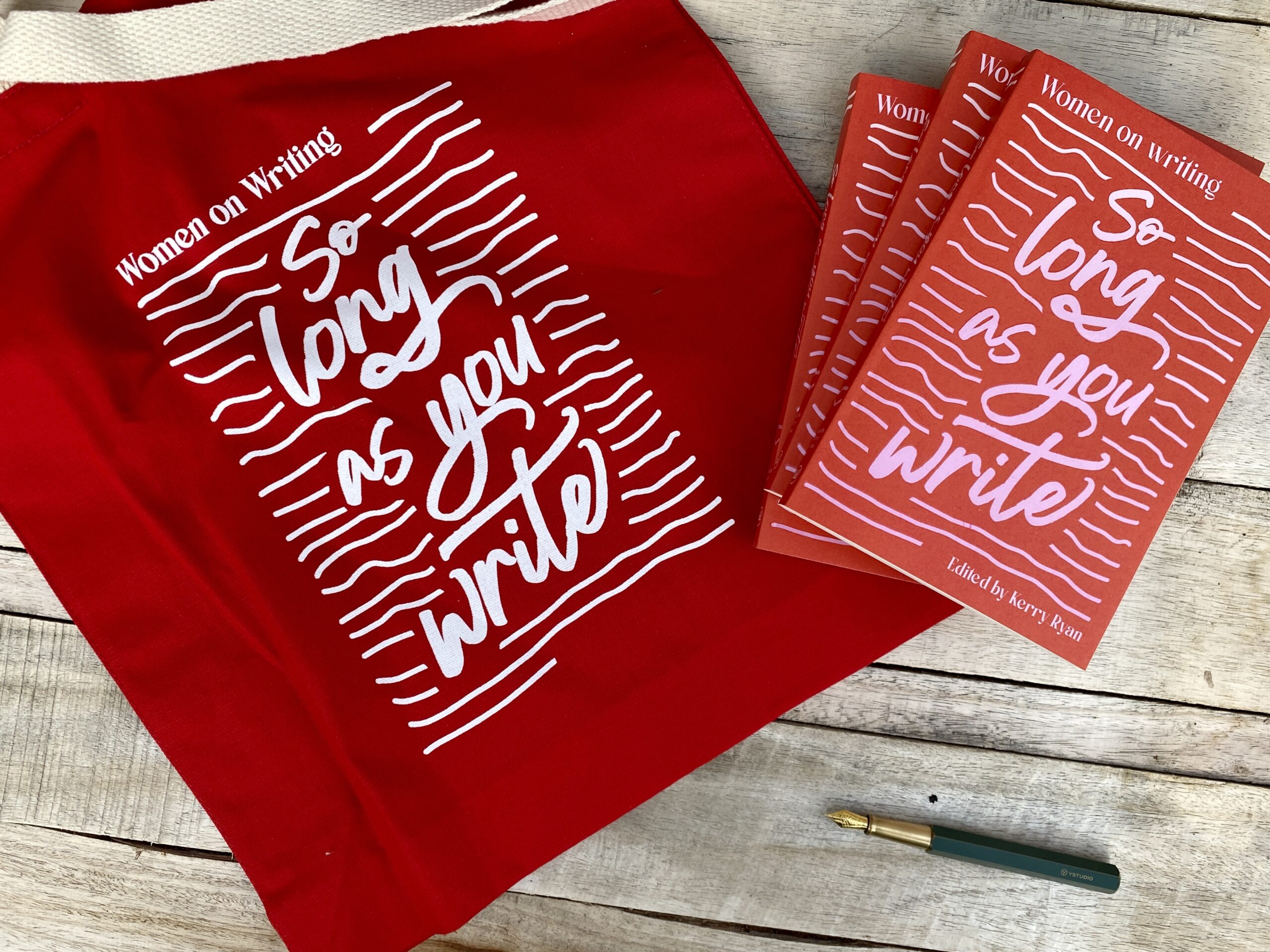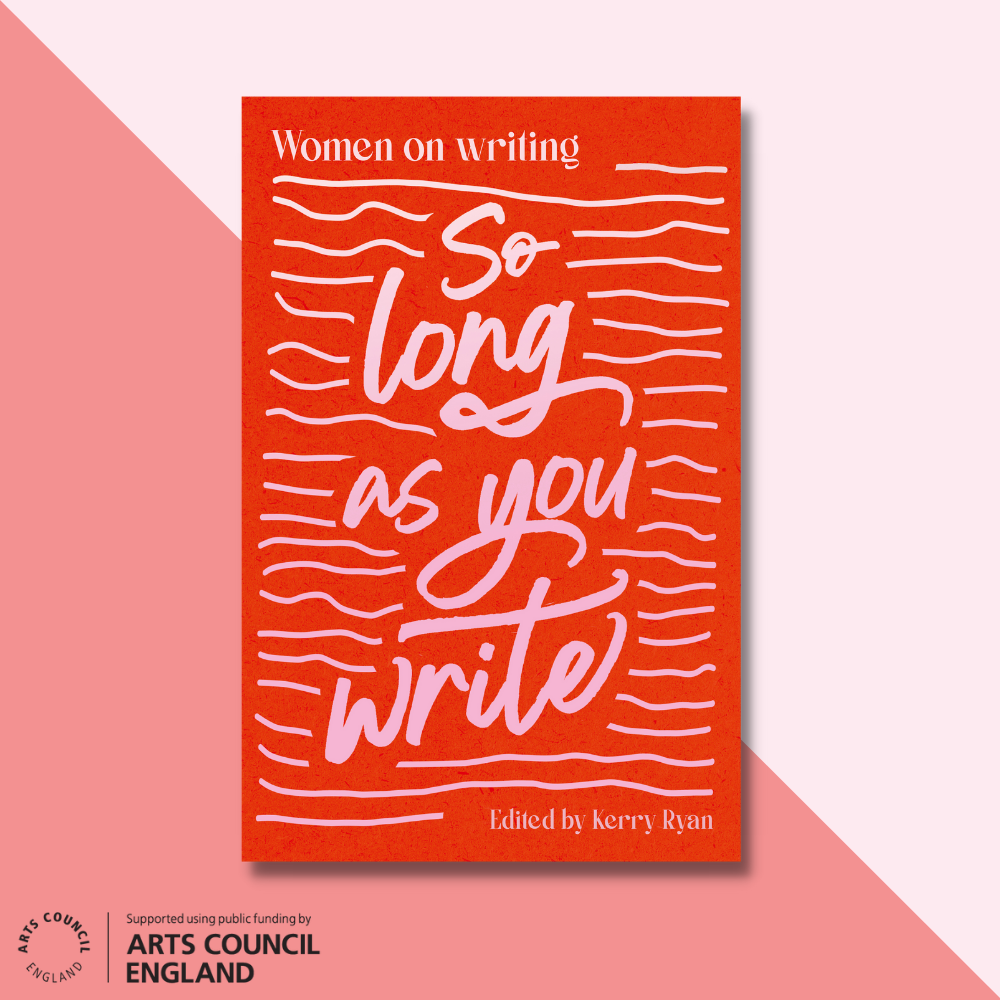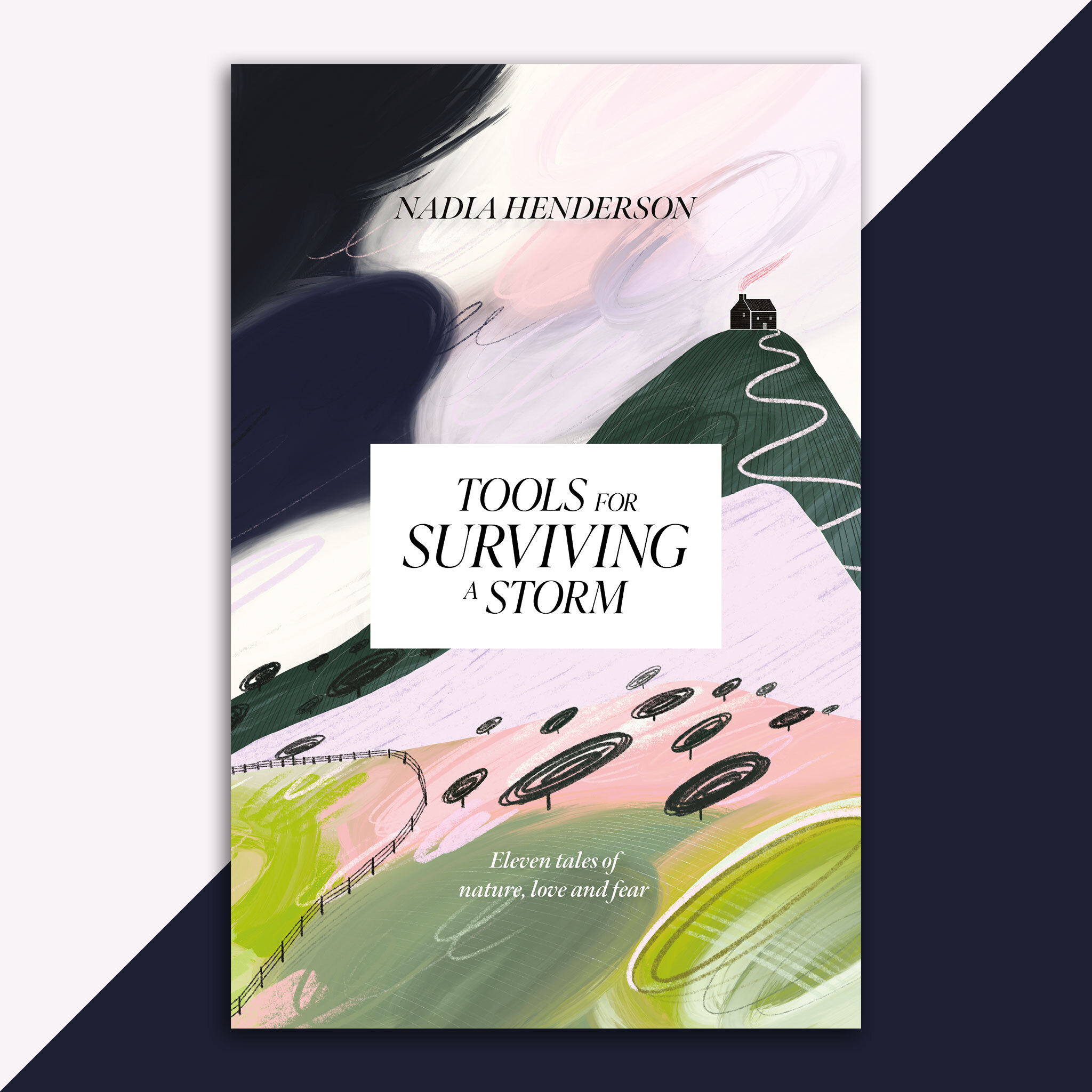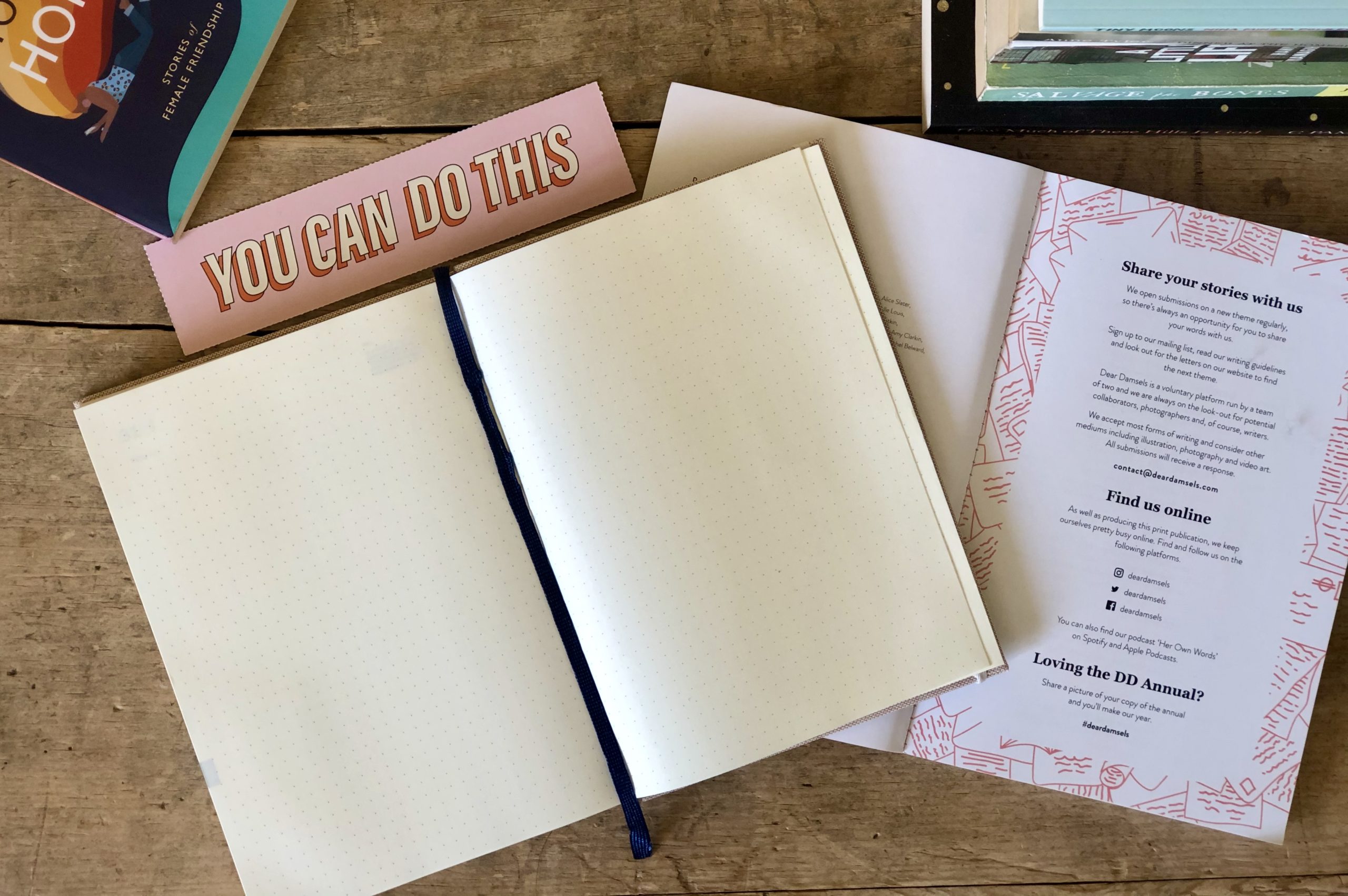Damsel in Distress: I don’t feel good enough as a writer
Our creative writing agony aunt and Write Like a Grrrl founder Kerry Ryan is back from homeschooling to give advice on managing impostor syndrome and learning to own your accomplishments.
Dear Kerry,
I was asked to write an author biography recently. I put it off for weeks, trying to come up with more to say, more about who I am, more accomplishments. In the end, I sent in something that I’ve used before, feeling slightly defeated by it. It didn’t feel like enough; it didn’t feel like *I* was enough.
I entered a short story contest the other day which wanted me to put the date of my most recently published short story in the application, and I realised I hadn’t had a short story published in over three years. I’ve had a couple of creative non-fiction pieces published, but not much in the last year. I feel like I’m not reaching my potential, and I can’t give myself a break.
Every time I write my author bio for a website or piece I have published, I feel like I’ve fallen behind. I have no prizes, no short-listings to put in those 250 words that are supposed to sum up my entire existence. As much time as I spend writing, I always feel like it isn’t enough. As many competitions and prizes as I enter, it always feels like the number should be higher, especially when almost all are followed by rejections or the tumble-weeds of no response. As much as I want to be a writer who can write their bio without asking myself, ‘Yeah, but what have you done recently?’.
I have something coming out soon that I’m really excited about, but I have no idea how to promote it, how to be the person whose bio and online presence sings out their life and writing like the bios and Twitter feeds of the writers I admire.
How do I stop feeling defeated every time someone asks me for a biography? How do I embrace who I am as a writer, without feeling like I’m not good enough to deserve that title? How do I work towards that elusive potential?
Yours,
Dejected Damsel
Dear Dejected Damsel,
Author bios are catnip for our inner critic. They ratchet up our imposter syndrome to screaming. Recently, one of my students clicked on a website to submit her poems but after checking out the author bios, she just couldn’t do it. Like you, her inner critic was bellowing: ‘Yeah, but what have you done recently?’ She has a MA in creative writing, she’s published several poems but because that was a few years ago, her inner critic said: you’re not a proper writer.
When I was a working-class teen living in a working-class Scottish town, it seemed from reading authors’ bios that to be a critically acclaimed writer was to — no surprise— be white, male and to have read English at Oxbridge. Or if you hadn’t done the Oxbridge thing, you’d better have wrestled bears in Alaska, felled maples in the Rockies before fishing for marlin in Florida for lols. Canonical women authors were, of course, lesser spotted creatures and many seemed to have had breakdowns, addictions or been overwhelmed by domestic demands before they could publish more than one novel. Yay patriarchy.
If I was feeling positive (or drunk) and thinking that maybe one day I might actually be a writer, I’d say things like: I’m going to start after university (Of course, that was if someone like me could get to university). Or I’d say I was going to write when I had more life experience. You know… wrestle a few bears, chop down a few maples. This is how sneaky the inner critic can be. It says: wait, you’re not ready. But what it means is: never ever, ever. And of course, the result of listening to the inner critic was that I wrote nothing. For years.
Your problem isn’t actually with author bios. This is about imposter syndrome and your inner critic which is linked to a core belief of ‘not good enough’. So many of us struggle with this. You’re on the cusp of having something big published. Well done you. Yet every time we come closer to fulfilling our dreams, fear swells and the inner critic begins an all-out assault to protect us from possible rejection. The critic will latch onto anything to prevent you moving forward and, trust me, it can always find something: age; class; lack of credits; how weird your ears are etc. Its intention is to keep you small and, therefore, safe but it will also keep you stunted. Resist.
“The inner critic will latch onto anything to prevent you moving forward and, trust me, it can always find something: age; class; lack of credits; how weird your ears are etc. Its intention is to keep you small and, therefore, safe but it will also keep you stunted. Resist.”
Why not view writing bios/promo as part of your resistance campaign? An up yours to your inner critic and an exercise in reducing negative beliefs. Remember all writers began without publishing credits. Back in the pre-internet days, Neil Gaiman lied about his credits so publishers would run his stories. This brilliantly illustrates why judging the strength of someone’s writing on their author bio is a complete waste of time and why blind submissions are such a good idea. The focus should always be on the writing. The rest is just noise.
Yet ego-driven capitalism loves end-product. It loves prizes, awards and courses at elite and extremely expensive universities. But as all good writers learn, writing from the ego — angling for awards and adulation — kills your writing. Don’t create for external validation: create for connection always. This might be another reason why we procrastinate when writing bios: we instinctively know that the shiny-shiny things are nice but they’re not what matter. As Tennessee Williams so beautifully said, reaching out through our writing is what’s important: ‘…throwing a message in a bottle to another frightened, loveless queer; a confused mother; a recently dejected man who can’t see his way home. We get people home; we let them know that we’re here for them. This is what art can do. Art should be the arm and the shoulder and the kind eyes — all of which let others know you deserve to live and to be loved. That is what matters, baby. Bringing people home.’
Only connect, as E.M. Forster wrote. Writing to satisfy the ego is a rigged game because the ego is never satisfied. As you’ve discovered, it never feels enough no matter how many competitions you enter or how often you write. There is always someone more productive, younger, hotter, snatching more prizes than you. Comparison is the thief of joy. Don’t feed that hungry ghost. Knock out your bio and celebrate who you are and all you’ve achieved whether that’s in writing or in other areas. Where do you work? What are you passionate about? Give a brief insight into your practice, your hobbies, your reading obsessions. Keep it short and sweet yet be bold. Celebrate what you love and how you live. Represent.
When I moved from editing mostly men to editing fiction by women and non-binary writers, it killed me how often women undersold themselves in their bios. They were tentative about their passions and apologetic for not having written very much. I’d think of the tale of Mr Fox when he warns women: Be bold, be bold, but not too bold. Well, be fucking bold. You have a right to write. You have a right to tell your stories. You have a right to be proud of all you are and all you’ve battled. You’ve pushed through without external validation, you’ve committed to developing your craft, and soon you’ll be reaping the rewards by connecting with the wider audience you deserve, so knock out that bio and squash that inner critic.
Keep writing, keep being kind to yourself and keep bringing those people home, baby.
Sending love and power,
Kerry
Struggling with a submission? Lost your writing mojo? Get some advice from Kerry and feed your creative muse. Submit your question to us using the contact form below.

Kerry is the founder of Write like a Grrrl, which offers creative writing courses for women & NB in partnership with For Books’ Sake in the UK. Kerry’s Write like a Grrrl courses are now taught all over the world and Kerry has facilitated workshops across the UK, in Ireland and Russia. She has taught mindfulness and self-compassion as well as creative writing to actors, women leaving sex work, domestic abuse survivors and facilitated many LGBTQ+ creative writing courses. Her work has been featured in various publications including Steer, The Manchester Review, the Kenyon Review and Spilling Ink. Her play Trust was recently performed at the Gulbenkian Theatre.

Dear Damsels is your collective.
We wanted to create a space on our website where you can find out what your collective is doing for you. Whether it’s upcoming events, publications, or podcast episodes, this blog is where we communicate directly with you about what is going on in the world of DD.
